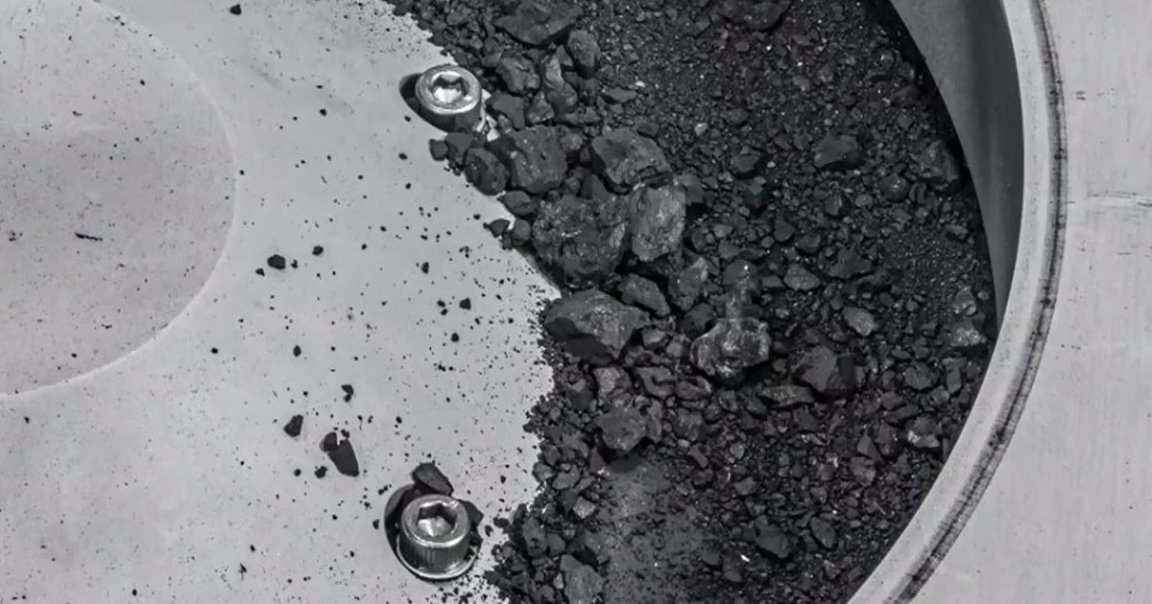
Altered Carbon
Following a preliminary assessment, NASA has announced that the asteroid samples its OSIRIS-REx spacecraft took from asteroid Bennu are rich in both water and carbon — the “building blocks of life on Earth,” as NASA put it in a triumphant announcement.
The research supports the theory that space rocks like Bennu impacting Earth over the millennia may have played an important role in the development of life on our own planet.
The samples, as seen in a newly released picture showing the outside of the spacecraft’s sample collector, contain carbon-rich, hydrated clay minerals, with carbon making up roughly five percent of the weight.
“The OSIRIS-REx sample is the biggest carbon-rich asteroid sample ever delivered to Earth and will help scientists investigate the origins of life on our own planet for generations to come,” said NASA administrator Bill Nelson.
Rubble Trouble
OSIRIS-REx, which launched back in 2016, reached the 1,650-feet-across asteroid after spending two years screaming through the solar system. In 2020, its collection system called Touch-and-Go Sample Acquisition Mechanism (TAGSAM) probed the asteroid’s surface, collecting an estimated 8.8 ounces of material.
Last month, the spacecraft’s precious cargo touched down in the Utah desert. Since then, scientists have been poring over the results, digging through the samples inside a clean lab. The OSIRIS-REx spacecraft itself is now making its way to a different asteroid, called Apophis.
Today’s announcement is an exciting, albeit early, indication that the mission has already been a huge success. In fact, scientists have yet to even crack open the TAGSAM itself after finding an abundance of samples in the container holding it, slowing down the ongoing analysis.
“The science obtained during the mission so far, coupled with the samples we are only now getting a glimpse of, is just the beginning of the wealth of knowledge that we can expect from OSIRIS-REx,” said Johnson Space Center chief scientist Eileen Stansbery during today’s announcement.
More on the mission: Scientists Surprised by Abundance of Material in Asteroid Sample